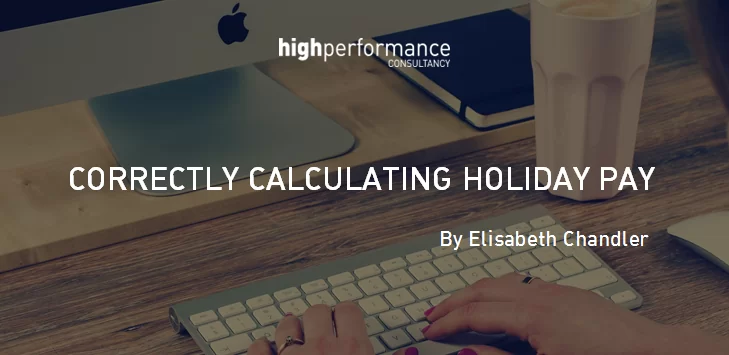
The argument of what should be included when calculating holiday continues with further cases being heard at Employment Tribunals. Cases such as Bear Scotland v Fulton, Baxter; Hertel (UK) Ltd v Wood and Amec Group Ltd v Law established the guiding principle that an employee should not suffer any detriment (i.e. be financially worst off) when taking holidays. Throughout each case it was established that holiday pay must correspond to the pay that the employee or worker normally receives. This includes commission, guaranteed overtime, non-guaranteed overtime and allowances that are “intrinsically linked to the performance of their tasks”.
One thing that was not clear from these cases was whether voluntary overtime should be included in holiday payments. The definition of voluntary overtime is ‘work an employee can refuse and which the employer is not obliged to offer.’ The most recent case of White & Others v Dudley Metropolitan Borough Council considered this. The claimants had the option of working additional hours on Saturdays and they could were able to choose to go on standby every four weeks to deal with emergency call-outs and repairs. The local authority calculated their holiday pay based on core contractual hours (their basic pay) alone.
However, the Employment Judge ruled that the on-call rota and voluntary overtime had become ‘normal pay’ based on the length of time the practice had been in place. Although this judgement has been given, it is subject to change as Dudley Metropolitan Borough Council can appeal against the decision given, at an Employment Appeal Tribunal.
Whilst this judgement provides further clarity on holiday pay and additional payments we are still waiting on full guidance on how to correctly calculate holiday pay. The cases mentioned have made clear that the holiday pay calculation only applies to the first four weeks of statutory leave under the Working Time Directive – not the additional 1.6 weeks’ holiday, nor any additional contractual holiday. The period for which workers can claim in respect of past underpayment is restricted as claims for arrears of holiday pay will be out of time if there has been a break of more than three months between underpayments. Employees are limited to claiming up to 2 years backdated holiday pay.
Recommended action
This guidance is intended only as a guide and is not to be regarded as a substitute for consultation with one of our Consultants/Advisors. For further consultation or advice, contact the HPC helpdesk on 0151 556 1975